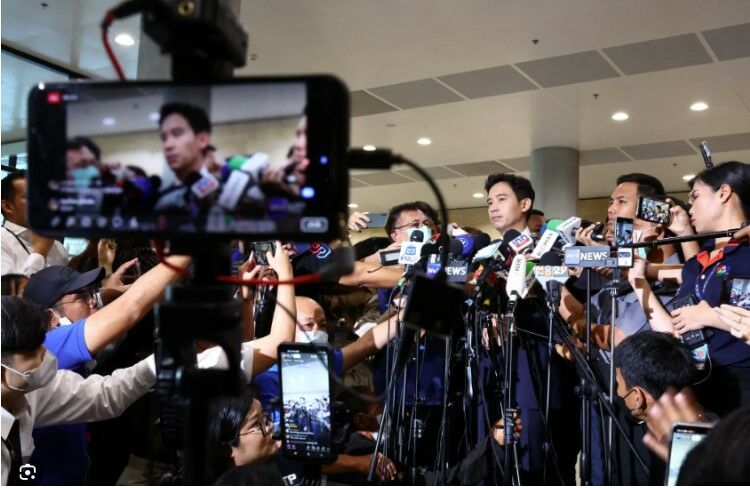Election disinformation: Threat on integrity and democracy

A staggering 87% of 8,000 respondents across 16 countries, bracing for elections in 2024, are deeply concerned about the impact of disinformation on the integrity of their democratic process.
A shocking 47% are very concerned, unveiling a digital battlefield that poses a grave threat to the core of democracy.
According to UNESCO-IPSOS, their Global Survey of Online Disinformation and Hate Speech, conducted last year, exposed alarming statistics. Social media emerges as the primary breeding ground for disinformation, with a whopping 68% of respondents identifying it as the epicentre. A further 67% of social media users have encountered hate speech online, with 58% pointing fingers at Facebook as its main perpetrator.
In response to this rising peril, a staggering 88% of citizens believe in a multi-stakeholder approach to regulating online communications. Governments, regulatory bodies, and social media platforms, in particular, are expected to join forces, with 90% of respondents demanding they address disinformation and hate speech, especially during election campaigns.
The call for action resonates loudly among democratic change makers in the Asia-Pacific region. At the sixth Bali Civil Society and Media Forum (BCMF), held between November 28 and 30 last year, leaders gathered to confront the escalating complexities of disinformation plaguing the region. The forum, organised by the Westminster Foundation for Democracy (WFD) and Indonesia’s Ministry for Foreign Affairs, came against a backdrop of political authoritarianism sweeping through democratic nations.
As elections loom in Taiwan and Indonesia, the threat of disinformation becomes palpable. In Taiwan, a battleground for pro-independence and pro-Beijing agendas, any false claim could sway the first head-to-head presidential and legislative elections since 2020. Meanwhile, in Indonesia, limited information literacy and uneven digital infrastructure pose significant challenges in combating disinformation, with the spectre of an autocratic regime looming.
Lessons from the past
Drawing lessons from Thailand’s May 14 elections, where post-election disinformation played a pivotal role, the importance of addressing the root causes becomes apparent. Initiatives like Cofact, DEAL-WeWatch, and WeVis were discussed at the BCMF meetings, offering reactive approaches. However, combating sophisticated disinformation demands a balanced, multi-stakeholder strategy, reported Thai PBS World.
Crucial recommendations emerged from the discussions, advocating for more resources to empower citizens in digital and information literacy, adaptive regulations for social media platforms, and advanced tools to prevent the virality of manipulative information. The ultimate goal: a coherent, multi-layered response to discourage the supply side of disinformation, enhance content moderation, and improve user information literacy.
As the consensus builds, a firm line is drawn between legitimate information operations and the intolerable targeting of political dissidents, women in political leadership, and voters with online manipulation, disinformation, and hate speech.
Latest Thailand News
Follow The Thaiger on Google News:


























